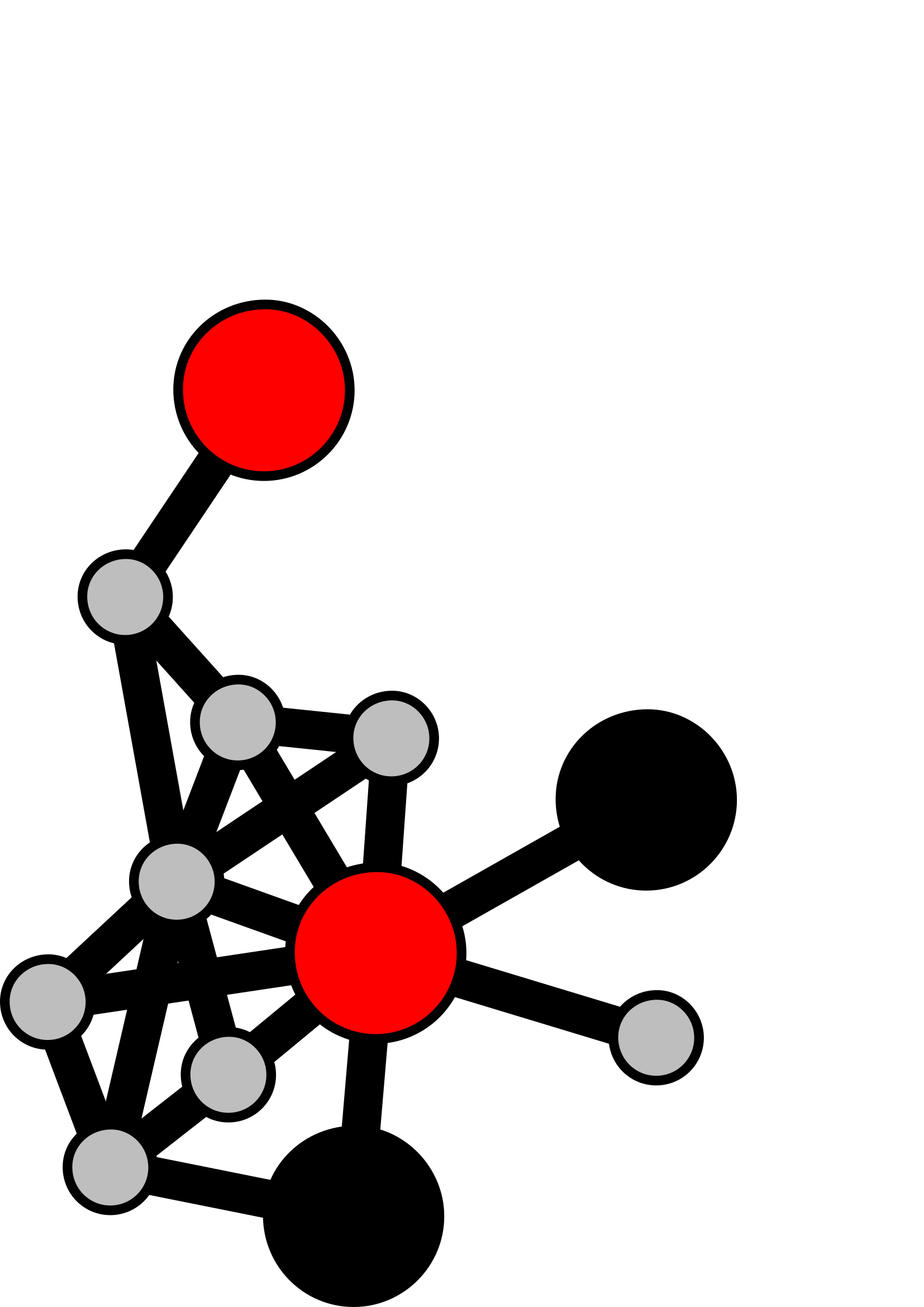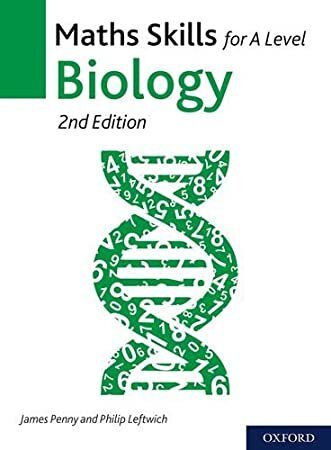Page Not Found
Page not found. Your pixels are in another canvas.
A list of all the posts and pages found on the site. For you robots out there is an XML version available for digesting as well.
Page not found. Your pixels are in another canvas.
About me
This is a page not in th emain menu
Published:
In 2022, we went into a pet shop and collected a faecal sample from a healthy (asymptomatic) pet bird. We discovered that a strain of Chlamydia psittaci found in a pet bird in 2022 is very similar to the C. psittaci strains that caused foal loss in horses in 2016. This is a bit concerning because it means that there’s a possibility that people and animals could get sick from C. psittaci, so we need to keep a close eye on it to make sure everyone stays healthy. To do that, we need to figure out who is giving C. psittaci to whom so we can come up with evidence-based ways to stop C. psittaci from spreading.
Published:
In Australia, novel C. psittaci infections in horses raise biosecurity concerns. Here, we used limited whole-genome sequencing to figure out ’who is giving it to who’ and when these modern C. psittaci strains may have appeared in Australia. Our findings suggest that strains from parrots and horses have likely descended from a single progenitor strain.
Published:
In poultry, P. multocida causes fowl cholera which leads to acute and fatal septicaemia with significant economic loss on the poultry industry. In Australia, gene-centric molecular studies are valuable in studying the epidemiology of outbreaks and guiding autogenous vaccination programmes. But these techniques do not provide the resolution for insight into the LPS structure of strains - enter whole-genome sequencing.
Published:
We present the first two complete C. pecorum genomes sequenced from diseased koalas. With these genomes, we expand on previous works by improving the gene annotations and by providing the genomic context of important virulence and accessory gene content. These findings lay the foundations for identifying and understanding species specificity and host adaptation behind chlamydial infections affecting koalas.
Published:
Antimicrobial resistance (AMR) is a global public health crisis. Rising AMR affects antimicrobial therapeutic guidelines, particularly as third-generation cephalosporins (3GCs) are recommended as ‘first-line’ treatments to avoid prescribing ‘last-line’ antibiotics.
Published:
We use whole-genome sequencing to show that companion animals represent occasional spillover hosts rather than primary reservoirs for the E. coli sequence type (ST)131 lineage.
Published:
All of us face networking opportunities throughout our careers. From institutional social mixers to (inter)national conferences, symposia to workshops. In most instances, building networks can be crucial and even life changing. Don’t panic, I don’t know anyone who finds networking easy! Yet, introverts are repeatedly told to act like extroverts?!? Hopefully this blog post will come in handy at your next networking opportunity.
Published:
For National Science Week the communications ambassadors for the Australian Society for Microbiology shared their journeys on social media using the hashtag #STEMgotmehere
Published:
is using trangenics and CRISPR to study and manipulate the sex determination system in medfly. She is also developing novel technologies to suppress these pest insect populations, such as CRISPR-mediated gene drives. (BBSRC-funded studentship 2019)
Published:
Short description of portfolio item number 1
Published in Journal 1, 2009
This paper is about the number 1. The number 1 is left for future work.
Recommended citation: Your Name, You. (2010). "Paper Title Number 2." Journal 1. 1(2). http://academicpages.github.io/files/paper2.pdf
Published in Journal 1, 2010
This paper is about the number 2. The number 3 is left for future work.
Recommended citation: Your Name, You. (2010). "Paper Title Number 2." Journal 1. 1(2). http://academicpages.github.io/files/paper2.pdf
Published in Journal 1, 2015
This paper is about the number 3. The number 4 is left for future work.
Recommended citation: Your Name, You. (2015). "Paper Title Number 3." Journal 1. 1(3). http://academicpages.github.io/files/paper3.pdf
Published:
This is a description of your talk, which is a markdown files that can be all markdown-ified like any other post. Yay markdown!
Published:
This is a description of your conference proceedings talk, note the different field in type. You can put anything in this field.
Bioinformatics training course, Online, 2019

Instructor for Bioinformatics Virtual Coordination Network Many research laboratories shut down due to concerns about the COVID-19 pandemic. This leaves academics at all levels in a difficult position - where research in the lab may not resume for many months. We are a group of bioinformaticians and computational biologists committed to helping wet-lab biologists pick up some computational skills/begin computational projects during this global crisis.
Book, OUP, 2019
 The maths needed to succeed in A Level Science is harder now than ever before. Suitable for all awarding bodies, this practical handbook addresses all of the maths skills needed for A Level Biology specifications. Worked examples, practice questions, ‘remember points’ and ‘stretch yourself’ questions give students the key knowledge and then the opportunity to practise and build confidence.
The maths needed to succeed in A Level Science is harder now than ever before. Suitable for all awarding bodies, this practical handbook addresses all of the maths skills needed for A Level Biology specifications. Worked examples, practice questions, ‘remember points’ and ‘stretch yourself’ questions give students the key knowledge and then the opportunity to practise and build confidence.
Webinar, Online, 2020

Worksheets, Online, 2021